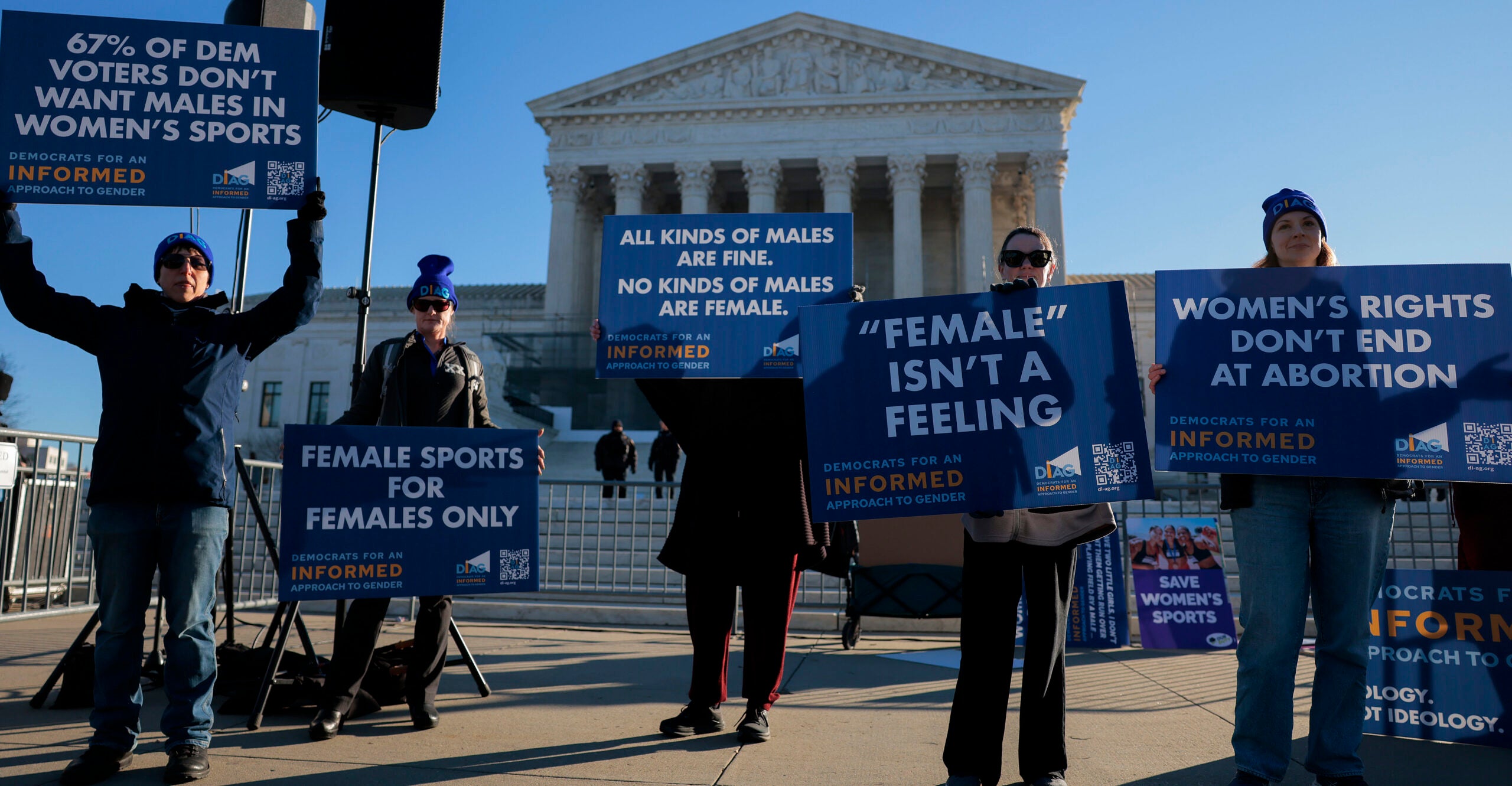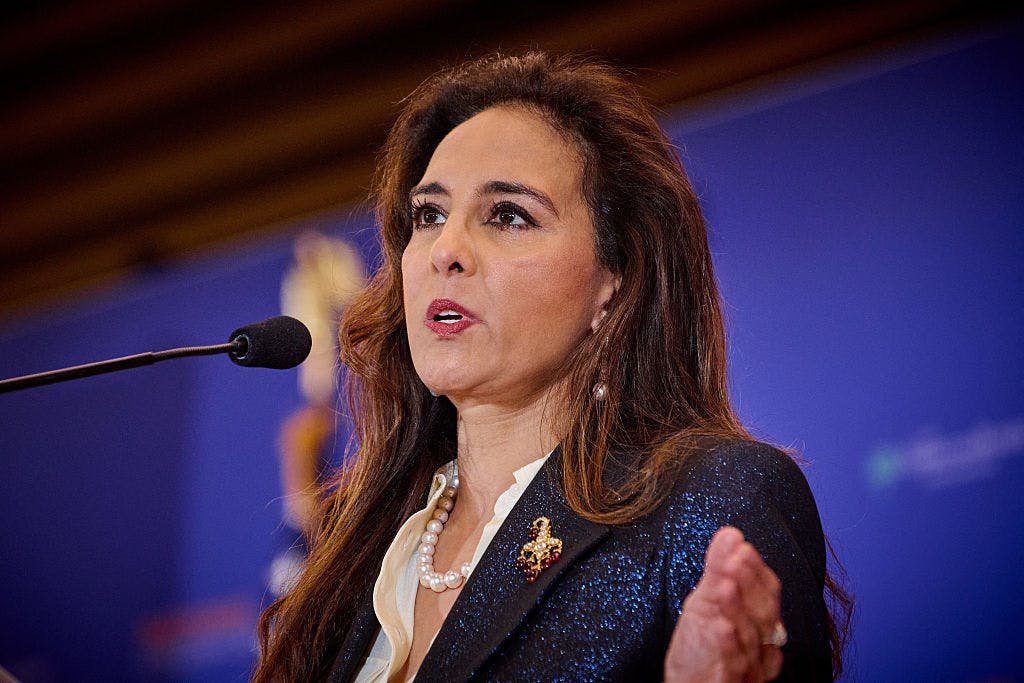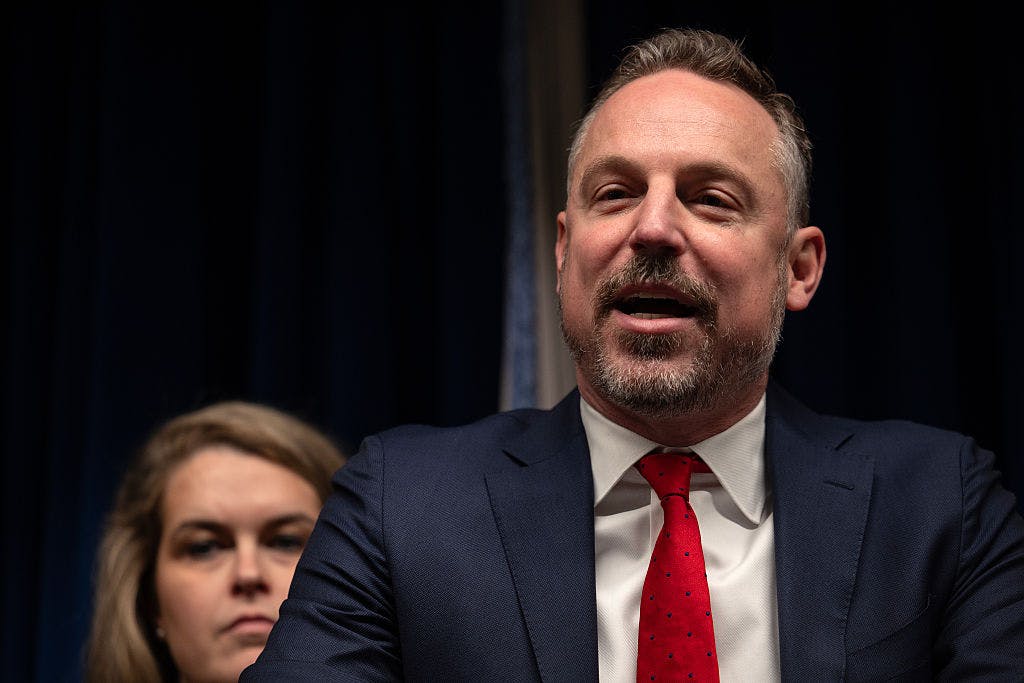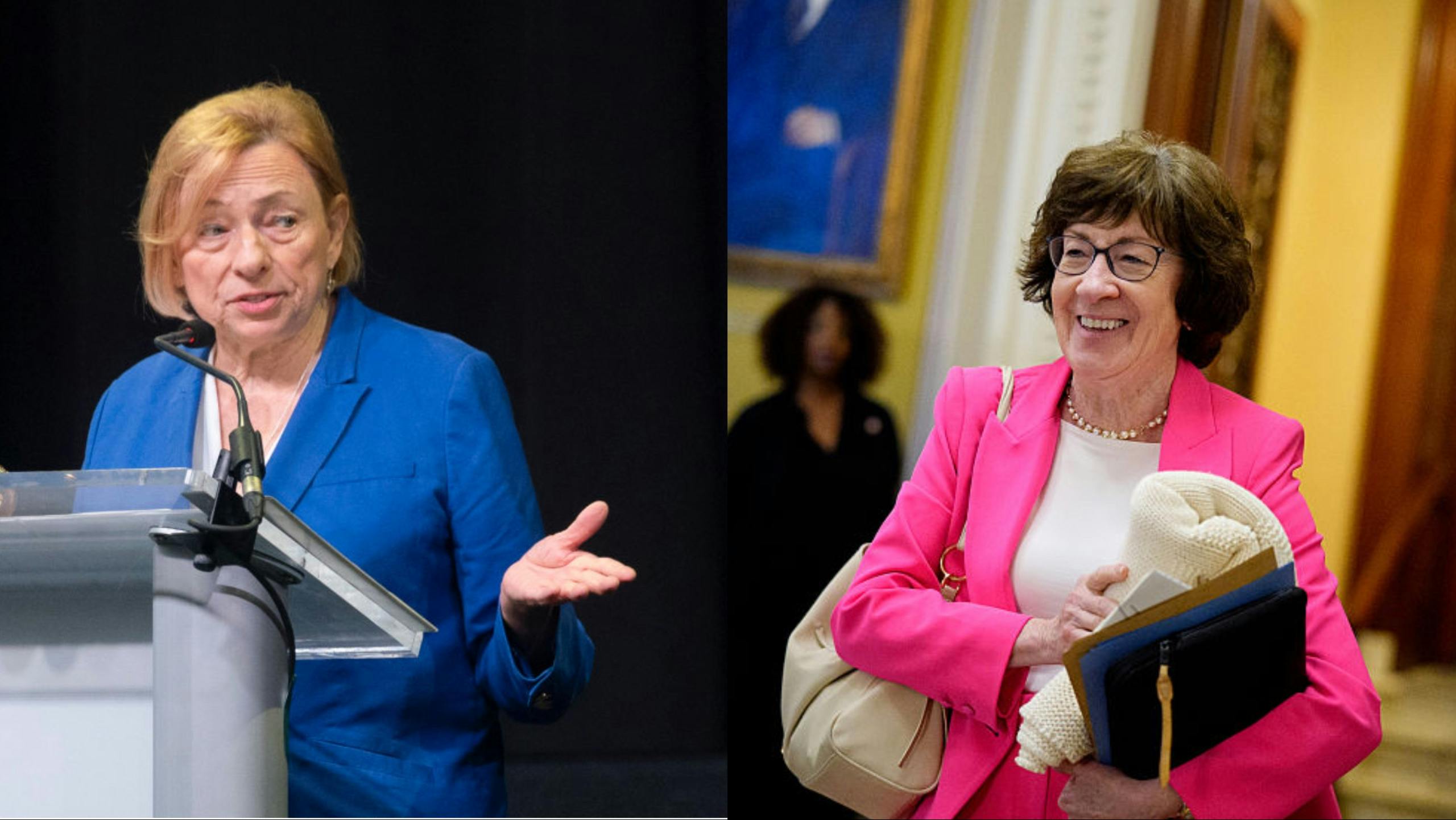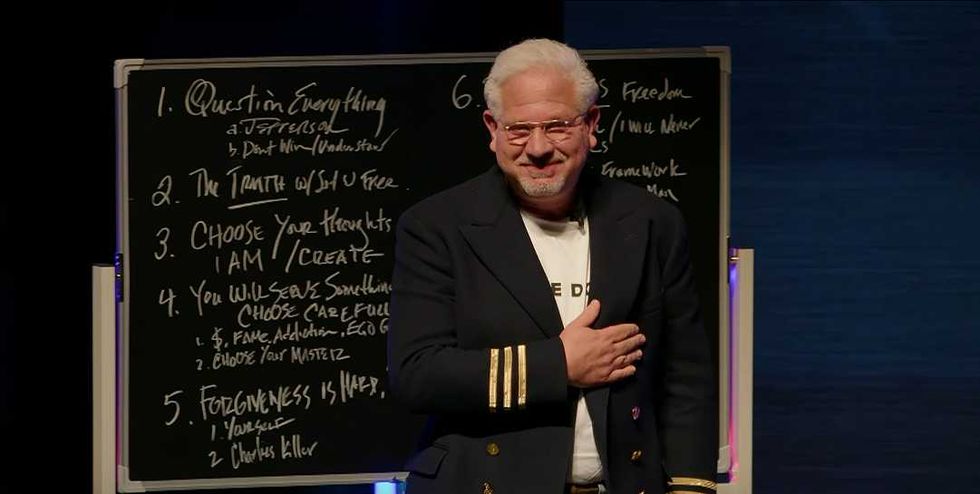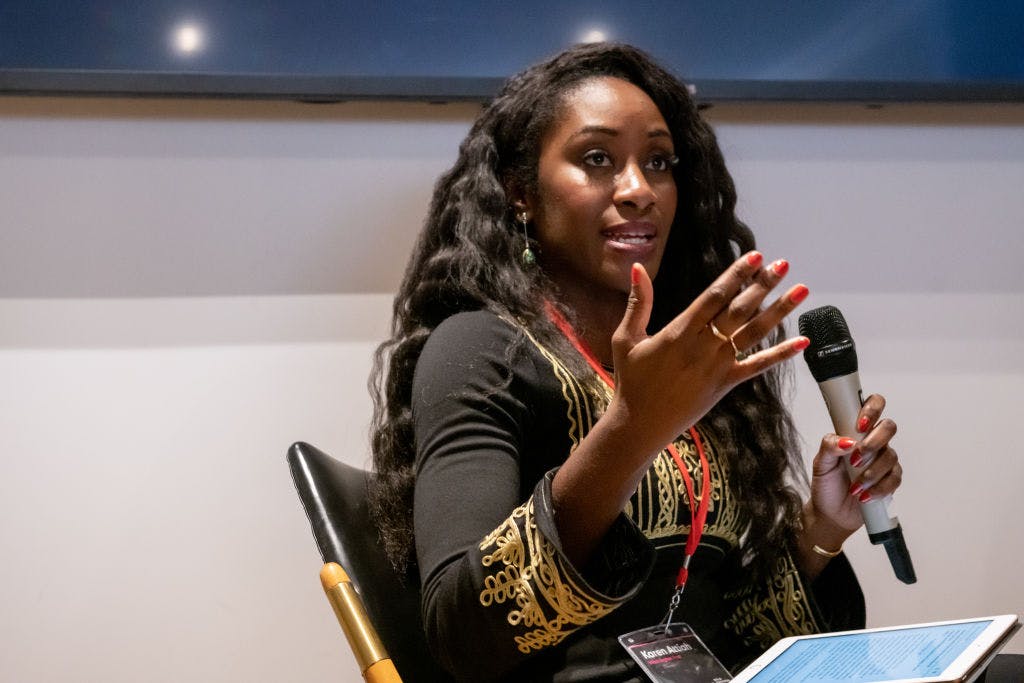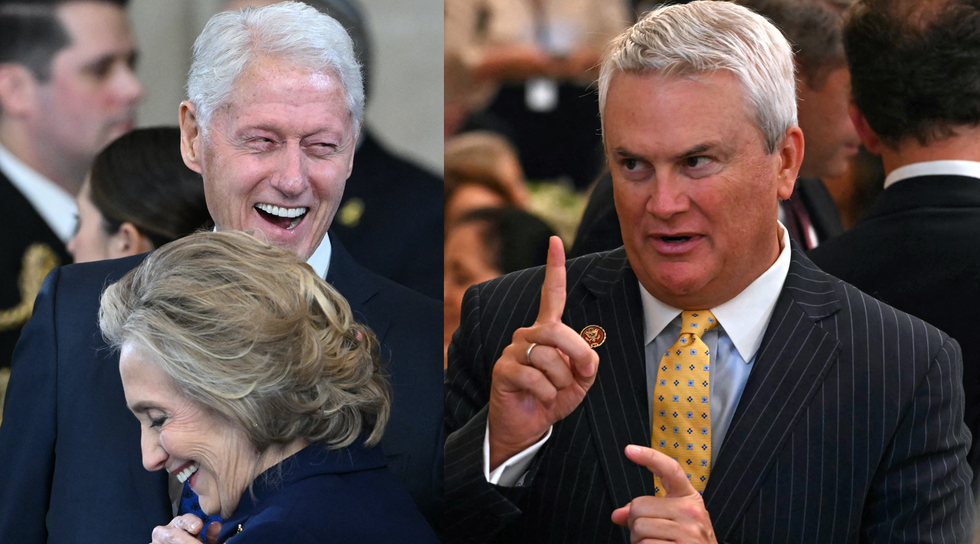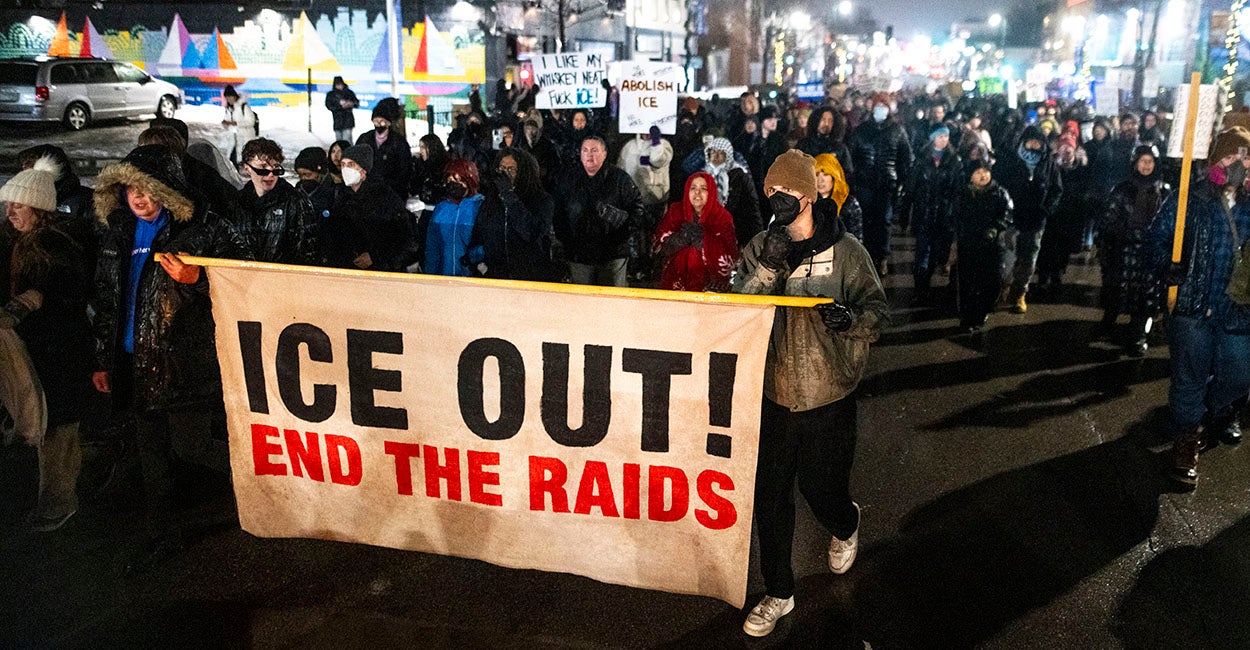Oregon Mom’s Biblical Worldview Protected by Federal Court in Adoption Case
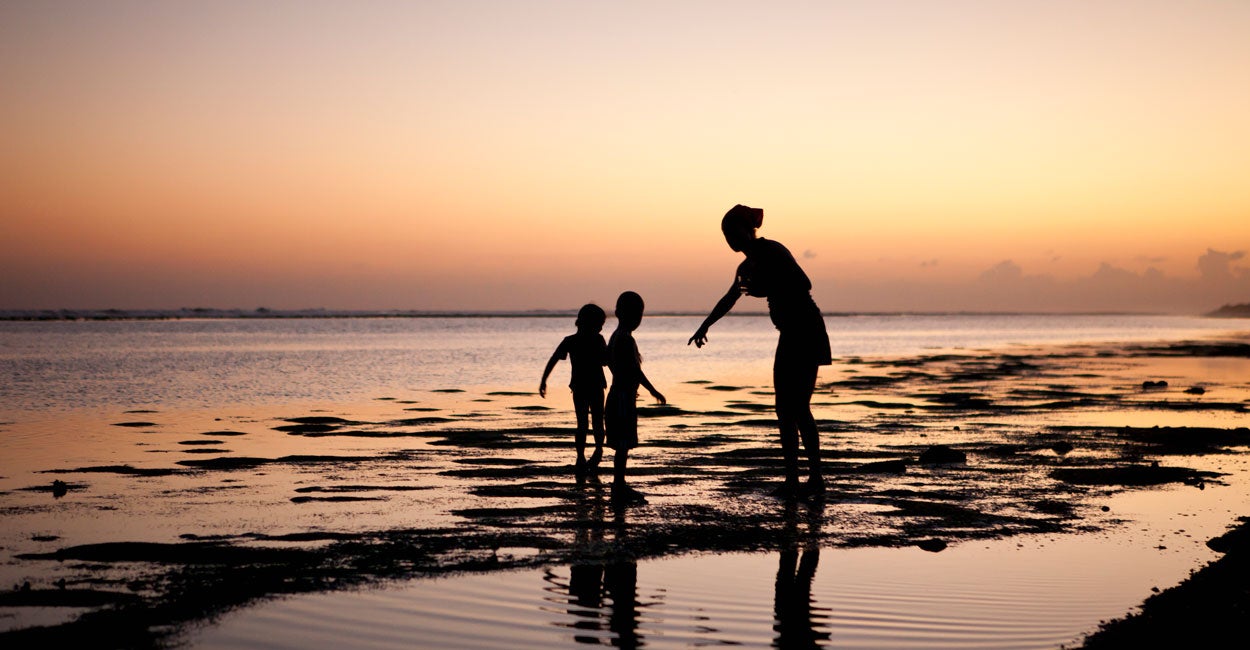
A federal appeals court is siding with a Christian mom who has been barred from a state adoption program due to her biblical worldview on gender and sexuality.
Live Your Best Retirement
Fun • Funds • Fitness • Freedom
Jessica Bates, a Christian and a widowed mother of five, applied to adopt two 9-year-old children in 2023, but the Oregon Department of Human Services excluded Bates from participating in the adoption program since she would not agree to unilaterally “respect, accept, and support” the “sexual orientation, gender identity, and gender expression” of children placed in her care, which ODHS said included using children’s “preferred pronouns,” taking them to LGBTQ+ Pride events, or taking them to gender-transition procedure appointments.
Bates insisted that her Christian beliefs prevented her from lying to children about their gender or sexuality and told ODHS officials that she would “happily love and accept any child” placed under her care, but the agency rejected her application and barred her from adopting any child, regardless of the child’s age or the child’s own religious beliefs. With the assistance of attorneys with Alliance Defending Freedom, Bates filed a lawsuit, alleging the ODHS decision and the rule it was based on violated her First Amendment rights.
A federal district court rejected the Oregon mother’s request for a preliminary injunction, but the 9th U.S. Circuit Court of Appeals reversed that decision Thursday, issuing a preliminary injunction and allowing Bates to obtain an adoption license while litigation continues at the district court level. Judges Daniel Bress, appointed by President Donald Trump, and Michael Daly Hawkins, appointed by former President Bill Clinton, sided with Bates, while George W. Bush appointee Judge Richard Clifton dissented.
In the majority’s opinion, Bress noted that ODHS guidance requires adoptive and foster parents to encourage pro-LGBTQ+ sentiment—including through talking about pronouns and gender identity and hanging LGBTQ-themed signs and flags in the house—even if children placed in their care do not identify as LGBTQ+. The judge observed, “Among other things, the [ODHS] materials state that for LGBTQ youth, ‘[p]rejudice and rejection can occur’ in certain settings, listing among them ‘faith-based communities.’”
He continued to point out that the ODHS guidance at one point even encourages parents to leave their current churches and look for a pro-LGBTQ+ church: “You do not have to choose between your faith and supporting their LGBTQ+ identity. Many religious groups embrace LGBTQ+ youth, adults, and their families. There are more and more affirming churches and religious groups that are providing affirming spaces to LGBTQ+ youth and their families.” (Emphasis in original.)
“Bates claims that her sincerely held religious views prevent her from affirming children in the way Oregon requires, in that Bates cannot use a child’s preferred pronouns if they conflict with the child’s biological sex, cannot take her children to gay pride parades, and so on,” Bress wrote.
He continued, “We deal here with sensitive matters that involve children, parents, sexuality, and religion. This case lies at the crossroads of competing visions of family and faith, for which people of goodwill in our country can have different perspectives. Yet amidst disagreement, there is some common ground under law.” The judge wrote, “We deal here with two vital … rights: the First Amendment’s protections for free speech and the free exercise of religion.” He explained, “Fundamental as basic freedoms, these rights spring from a common constitutional principle: that the government may not insist upon our adherence to state-favored orthodoxies, whether of a religious or political variety.”
“Because of the centrality of these conjoined rights in our constitutional system, we subject their intrusion to careful judicial evaluation,” Bress wrote. He pointed out that ODHS’ rule “quite clearly restricts and compels speech based on both content and viewpoint. It restricts certain speech by adoptive parents on the topic of sexual orientation and gender identity, while requiring speech that aligns with the state’s perspective on these intensely debated issues in our society.”
The judge asserted that “speech infringement is a central and assertedly imperative feature” of the ODHS rule on handling LGBTQ+ issues. He observed, “If Bates wishes to obtain certification as an adoptive parent, she does not remain free to express her views on sexual orientation and gender identity, or at least her freedoms in this regard are severely circumscribed.” Therefore, Bress concluded, “We hold that Oregon’s policy violates the First Amendment as applied to Bates.” He explained, “Adoption is not a constitutional law dead zone. And a state’s general conception of the child’s best interest does not create a force field against the valid operation of other constitutional rights.”
Mallory Sleight, legal counsel at ADF, underscored what a significant victory this was on Friday’s “Washington Watch.” “It really is a big deal,” she told guest host and former Rep. Jody Hice. “This is one of the first opinions from the circuit court directly on this issue. And unfortunately, we’ve been seeing this across the country in so many different states where states are excluding Christians from being able to participate in foster and adoption.”
“What the 9th Circuit said is that adoption is not a constitutional law dead zone,” she explained. “It said that just because we’re dealing with adoption and foster, that doesn’t mean that you can categorically exclude Christians. And it doesn’t mean that you can violate people’s freedom of speech, either by comparing their speech with pronouns, by attending Pride parades, and by restricting their ability to discuss their own personal religious beliefs in their own home.”
As for how this might affect other Christian parents, Sleight was optimistic. “I think it signals to other states and other courts that the tide is turning on this issue. [It’s] very clear that constitutional rights of freedom of speech and freedom to exercise one’s religious beliefs apply within this field as well.” The sad reality is, she explained, “[W]e’re getting calls every single day of other families facing similar issues. And we’re very hopeful that courts will start to stop these unconstitutional policies across the country.”
Originally published by The Washington Stand
The post Oregon Mom’s Biblical Worldview Protected by Federal Court in Adoption Case appeared first on The Daily Signal.
Originally Published at Daily Wire, Daily Signal, or The Blaze
What's Your Reaction?
 Like
0
Like
0
 Dislike
0
Dislike
0
 Love
0
Love
0
 Funny
0
Funny
0
 Angry
0
Angry
0
 Sad
0
Sad
0
 Wow
0
Wow
0
